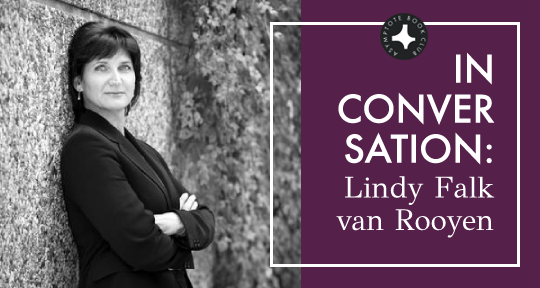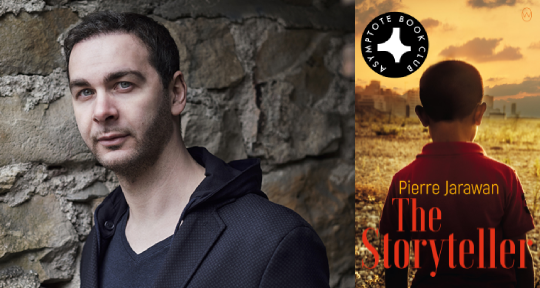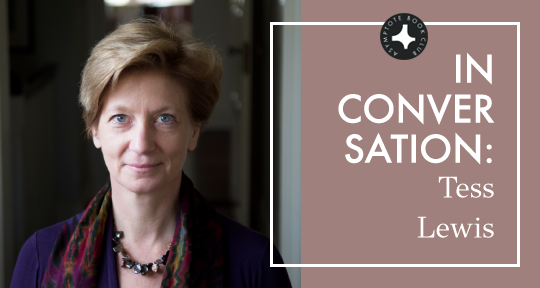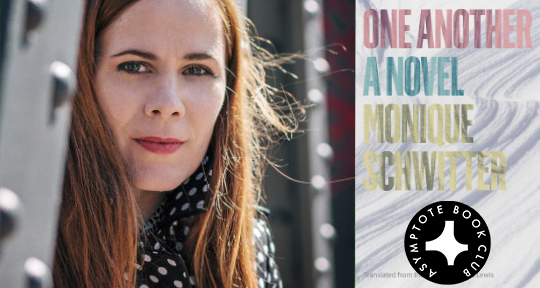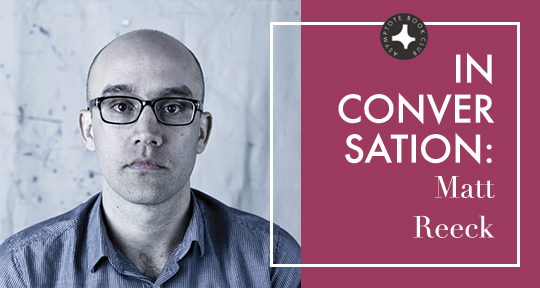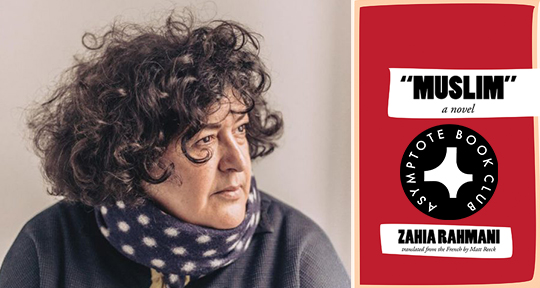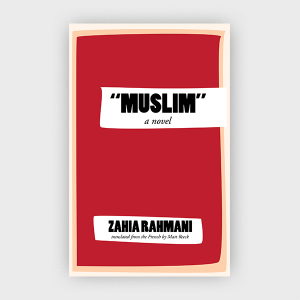For the month of August, Asymptote Book Club’s selection was From the Shadows, the English-language debut of acclaimed Spanish language writer, Juan José Millás. In the following interview, Asymptote’s Jacqueline Leung speaks to the novel’s translators, Thomas Bunstead and Daniel Hahn, on the pressures of translating a national literary hero, the various processes of co-translation, and how the novel’s pertinent themes of isolation and alienation relate to our current times.
Jacqueline Leung (JL): Juan José Millás is routinely recognized as one of the greatest writers in Spain today, and From the Shadows marks his long overdue debut into English. How (if at all) did these factors play into your process? I’m referring to critics’s inevitably high expectations regarding a literary master’s very first work in English translation, as well as the author’s own ability to potentially chip in on or judge the outcome. Was there an added sense of pressure or due deference on your end, or were you as free as ever to “play around”?
Daniel Hahn (DH): I don’t think it was a factor, actually—it’s certainly not something Tom and I ever discussed, whether between the two of us or with our publishers. You really just have to take each text as it comes, and simply commit to doing whatever it tells you to do, without fretting about expectations or reputations. Besides, while Millás is a big deal in Spain, I’m not sure the English-speaking world has been waiting on tenterhooks for a chance to read this translation—for all intents and purposes, he’s being presented to the Anglophones as a debut. Of course, this first book could turn out to be a stupendous runaway success, which would indeed put extra pressure and expectations on book two, but if that added pressure is the price we have to pay for insane bestseller sales, I’ll take it . . . READ MORE…





